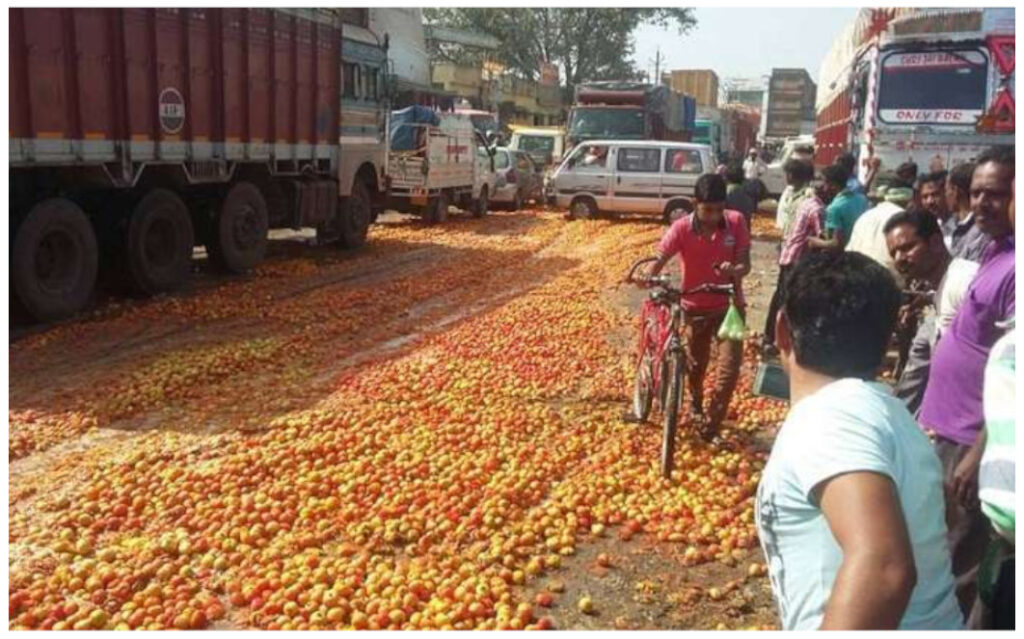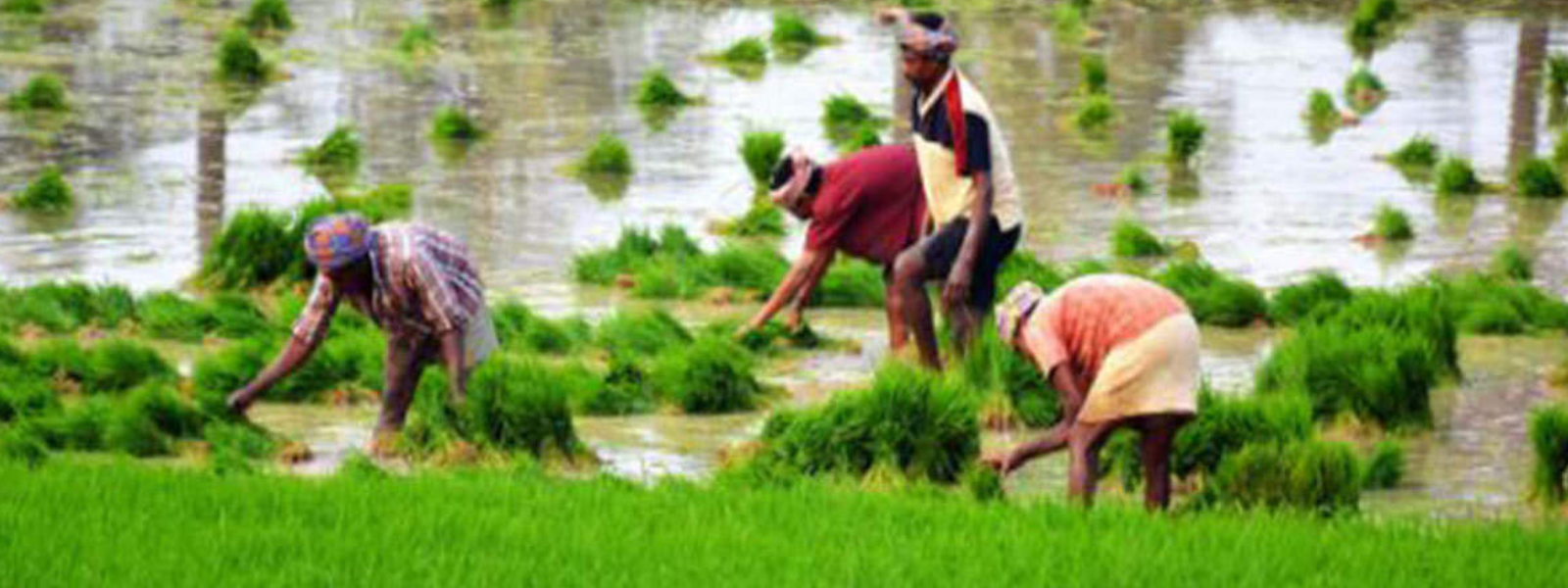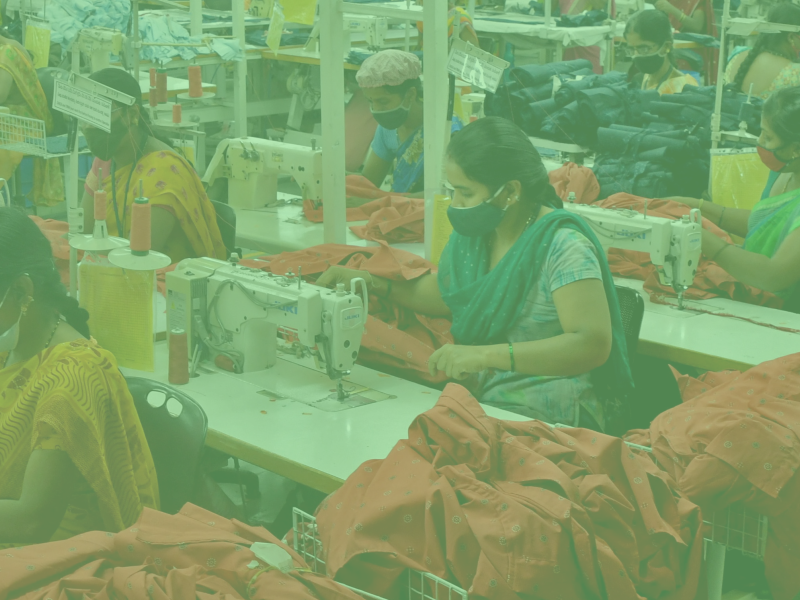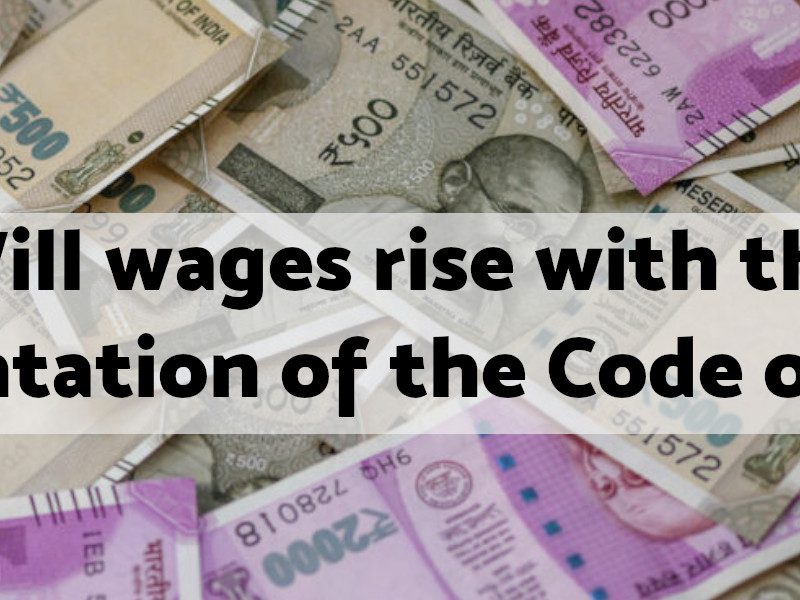On 19 November 2021, on the birth anniversary of Guru Nanak, Prime Minister Narendra Modi announced the withdrawal of the three farm laws that had brought protesting farmers from Punjab, Haryana, Uttar Pradesh and other parts of the country to the national capital a year ago braving the wrath of the state and the weather while they blocked all the major roads in to Delhi. The year past saw thousands of farmers from all over India coming together against the three laws despite huge social divisions between them.
The 3 farm laws were first passed as ordinances on 5 June 2020, and then introduced and passed as laws in September 2020 without any debate in Parliament.
The Story Behind
These agricultural reform laws have been on the backburner for over three decades, since the Uruguay Round of WTO negotiations in 1994. Political pressure from within have prevented successive governments from legislating the provisions as mandated by the WTO. The Uruguay Round provided for converting quantitative restrictions to tariffs and for a phased reduction of tariffs. The agreement also brought India under the ambit of ‘rules and disciplines’ on agricultural export subsidies and domestic subsidies. The ‘disciplines’ on agricultural subsidies aim to cut and control trade distorting support to farmers, which, according to the WTO, even granted domestically, adversely affects the competitiveness of agricultural goods in the global market.
Under this agreement, there are 2 kinds of subsidies: (i) Green Box subsidies, which are permitted subsidies because according to the WTO they have no or minimal trade distorting effect; and (ii) Amber Box subsidies, which again according to the WTO have potentially a damaging effect on trade and can distort the relevant market. These need to be gradually reduced to ensure compliance with global norms. Unsurprisingly, all agricultural subsidies granted by the US and the EU to its farmers fall in the Green Box category and those granted by developing countries, like India, Brazil, to ensure food and livelihood security, fall in the Amber Box category, hence need to be gradually removed.
India has since the 1990s called for correcting these inequalities in agricultural trade which allows a group of 32 countries in the global north, most notably the US, Canada and the EU, to heavily subsidise their agricultural sector thereby protecting their farmers and their farm produce while politically targeting relatively smaller subsidies granted by countries in the global south. This position of India has also been supported by the 47 country G-33 coalition.
In 2013, at the Bali Ministerial Round of the WTO, countries of the global north once again pushed for complete abolition of government procurement of agricultural produce and all agriculture-related subsidies by December 2018. Despite global pressure, India had stood its ground on Minimum Support Price (MSP) and government procurement of agricultural produce for Public Distribution System (PDS) till the Modi government decided to abandon this fight in their comprehensive commitment to liberalise Indian agriculture, much like all other sectors, to benefit big corporations and appease global powers.
The 3 Farm Laws
The three farm laws that were passed by the parliament were:
- The Farmers’ Produce Trade and Commerce(Promotion and Facilitation) Act, 2020.
- The Farmers (Empowerment and Protection) Agreement on price Assurance and Farm services Act, 2020.
- The Essential Commodities (Amendment) Act, 2020.
The Farmers’ Produce Trade and Commerce (Promotion and Facilitation) Act, 2020: This law aimed to limit the scope of the Government procurement of agricultural produce by encouraging the sale and purchase of a product by private players. The government claimed that this will provide farmers with ‘freedom of choice’ allowing them to sell their produce outside the government mandis, where they are paid the Minimum Support Price (MSP), at their own negotiated price. The underlying assumption here is that private players may offer a price higher than the MSP, increasing the income of farmers.
Problems: (i) Fewer than 25% of farmers in the country can avail the benefit of MSP and that too for select crops, the rest of the farming population is left to the vagaries of the open market.

As basic foodcrops like potato, tomato are not protected by MSP, every other year potato, tomato, etc farmers are forced to either sell their produce as low as Rs. 1/kg or just abandon it along highways.
(ii) Small and marginal farmers, who comprise over 80% of the total farming population, do not produce enough surplus to store and transport to distant markets.
(iii) Direct negotiation with big corporates would mean pushing farmers to the ravages of free market, where prices of produce will be determined by the buyer and not the seller, thereby pushing prices down continuously.
(iv) The law provides no measure for MSP calculation. The Swaminathan Committee in 2006 had recommended, MSP = Cost of cultivation including the imputed cost of capital and the rent on the land (C2) + 50% markup. For the Ravi crops in 2017, if the Government would have implemented the C2+50% formula, the farmers would have received Rs 800 per quintal instead of Rs. 300. Even the Swaminathan Committee formula does not take into account the payment of minimum wages for agricultural workers employed in the farms.
(v) Finally, with the agricultural products being sold outside the government mandis with no taxes under the Farmers’ Produce Trade and Commerce (Promotion and Facilitation) Act, 2020 state governments will lose revenue. The benefit of this tax holiday will go to the buying corporate.
India today needs an estimated 42,000 mandis as opposed to the existing less than 7,000. The government mandis are not the constraint – it is the lack of public investment in the agriculture supply chain, including in the mandis, which is the constraint before farmers. Most farmers have never had a chance to sell at the government mandis because they are absent in much of the country.
The Farmers (Empowerment and Protection) Agreement on price Assurance and Farm services Act, 2020: This law created a national framework for contract farming through a binding agreement between a farmer or a group of farmers and a buyer before the production or rearing of any farm produce at a predetermined price and other agreed conditions.
Problems: (i) As farmers lack resources and power to bargain on equal terms with the buyers, this will benefit big agribusiness more than the farmers. As per the law, price to be paid for an agricultural product may be decided and set out in the farming agreement, but the law does not set down a price fixing mechanism to protect the farmers.
(ii) As per this law, corporate buyers can enter into contract farming arrangements with farmers, not solely for food production but also for horticulture, floriculture, and a variety of other produce, including cash crops. This could, in due course, lead to a shift land use from foodgrain to non-foodgrain production, which eventually could undermine the country’s food security.

In 2016, Pepsico registered their FC5 variety of potato under the Protection of Plant Varieties and Farmers Rights’ (PPV&FR) Act, 2001 that is used in Lays chips.
This FC5 potato was grown by about 12,000 farmers in Gujarat with whom the company had an exclusive contract to sell seeds and buy back their produce.
In 2019, Pepsico filed rights infringement cases under the Act, against 9 farmers who were allegedly growing and selling this variety of potato without being a part of PepsiCo’s “collaborative farming programme”. It also filed a ₹4.2 crore claim against 4 of the farmers. In December 2021, the PPV&FR Authority revoked Pepsico’s registration of FC5 and dismissed the compensation claim against the farmers.
(iii) This law will prevent the Government from intervening in food availability, including in maintaining stocks, even if the country is in deep crisis. This can have a serious impact on price of foodgrains, as well as on inflation.
The Essential Commodities (Amendment) Act, 2020: This law decontrols the production, storage, movement and sale of agricultural products, except in the case of extraordinary situations. By removing limits on hoarding of foodgrains, big traders are being given unfettered control over the market and the prices therein. This contravenes the National Food Security Act (NFSA), 2013 that is meant to ensure food security for all.
Control of production, distribution and supply of products in any industry including agriculture, falls in the concurrent list of our constitution thereby giving both the state and central governments the power over this. But the three farm laws together have comprehensively curtailed the power of the state government and thereby undermine the federal character of the country.
Farm laws are not just for Farmers
- According to the 2011 census, 96 million people declared farming as their primary occupation.
- The size of the operational holdings for small and marginal farmers decreased from 1.15 hectares in 2010-11 to 1.08 hectares in 2015-16, according to provisional estimates of the 10th agriculture census, 2015-16.
- The top 10% of farming households are now cultivating almost 50% of India’s total cultivable lands, whereas the bottom 50% cultivate less than 0.5%.
If landholding is so unequal and yet almost 46% of the country’s population is engaged in agriculture, most of the people engaged in agriculture are either landless or very small and marginal landed agricultural workers. Also according to NABARD’s All India Rural Financial Inclusion Survey, the average monthly rural household income in 2016-17 is Rs. 8,931 in the country. The extreme low landholding and household income makes it unsustainable for a large section of the rural population dependent on agriculture to survive in their villages and hence are forced to migrate to urban centres in search of jobs.
The movement to repeal the laws over the past one year showed the tenacity of the farmers united against the legalisation of corporate grab of their land and produce. With the three farm laws facilitating direct buying by corporates bypassing government mandis ensuring MSP and legal contract farming, rural distress would deepen as control over prices of produce would shift comprehensively to big agribusiness firms, including MNCs. This would not just affect the farming communities but also lead to an inflow of migrant workers in distress to urban centres, thereby making it easier to drive down wages and working conditions in urban areas. Ensuring a decent earning in the rural economy is essential to ensure decent wages and working conditions in urban centres. Thus, a worker-farmer unity is not just a political struggle, but a larger economic struggle for a better life for all.



